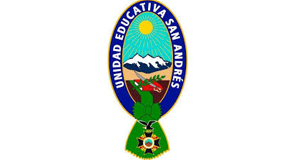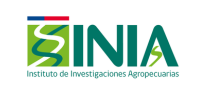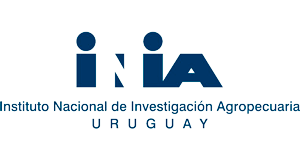Water consumption and productive responses to scenarios of possible droughts
Dissemination of technologies and crop water needs
Context of the story
Agriculture is one of the most important economic activities in Latin America and one of the main users of water. The new climate scenarios indicate that there will be large variations in water availability, which could result in floods or droughts and significant economic losses. Irrigation is one of the most relevant practices for adapting agriculture to climate change, but given the scarcity of the resource in many areas, it is necessary to improve the efficiency of its use. This initiative was aimed at disseminating the results of the project "Evaluation of changes in water productivity in different climate scenarios in different regions of the Southern Cone" FTG-8042/08 ".
Technology transfer
The implemented initiative
The objective of the initial project was to contribute to the development of productive strategies that allow increasing water productivity. It had the following components: i) Determination of the effect of changes in agroclimatic variables that affect the hydrological cycle at the basin level and their effects on the irrigation systems used in the region. ii) Define irrigation systems and practices that use smaller amounts of water to optimize the use of irrigation water. iii) Generation of programs for the dissemination of water management practices that mitigate adverse effects and capitalize on the possible benefits of climate variability and iv) Generation of information regarding the future supply and demand of water, in light of different climate scenarios.
The technological solution
The characterization of 10 basins studied in the four countries made it possible to identify the main crops used and the existing irrigation infrastructure, as well as to establish the baseline on the availability of water and its use in the different productive systems. On the other hand, the field trials, allowed to obtain information regarding the response of the different crops to restrictive water conditions and in this way establish the production functions and the minimum productivity conditions in scenarios of possible droughts. For each irrigation strategy tested and the result obtained, the water productivity (Kg / m3) was calculated, observing the positive changes that are generated; but many times contrasted with the productivity of the land, expressed as Kg / ha. It was concluded that for drought conditions, the use of water productivity is key, while for normal or wet years the productivity of the land should be sought.
Irrigation is one of the most relevant practices for adapting agriculture to climate change, but given the scarcity of the resource in many areas, it is necessary to improve the efficiency of its use.
Results
The dissemination activities allowed: a) To increase the number of beneficiaries considered in the original project proposal, who have first-rate technological information, b) To generate written material for technical dissemination that allows the project results to be expanded to other users of each country, with a consequent benefit to increase awareness about the use and management of water, c) Strengthen the research groups responsible for the project in terms of its insertion and recognition with users and with the scientific community, through scientific articles and the holding of an International Modeling Seminar. d) Strengthen the networks for the exchange of information and experiences among researchers from the Southern Cone of Latin America that improves individual and collective capacities and allows generating an increase in the formulation and execution of joint projects.

 Back to the project
Back to the project Chile
Chile Argentina
Argentina Bolivia
Bolivia Uruguay
Uruguay





